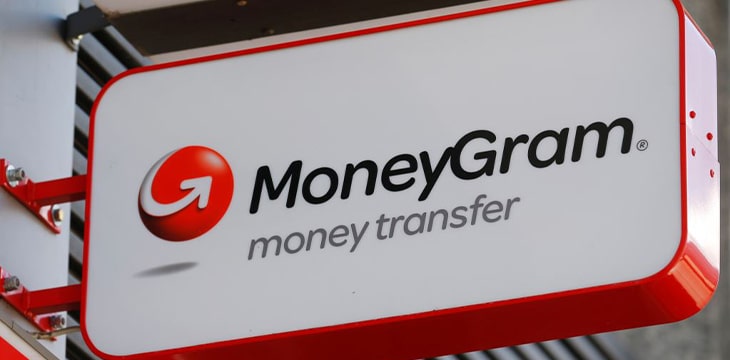|
Getting your Trinity Audio player ready...
|
Each quarter, Ripple (XRP) pays it’s strategic partner MoneyGram to provide liquidity to its ODL Network. However, the partnership between the two companies does not seem to be productive. In Q2 2020, a MoneyGram spokesperson said, “we [MoneyGram] sell XRP as soon as we receive it,” and this was after it was revealed that Ripple paid MoneyGram a total of $15.1 million in Q2.
That being said, the latest numbers regarding MoneyGram’s Q3 2020 international report have been released and it has been revealed that in Q3, Ripple paid MoneyGram $9.3 million. MoneyGram incurred $400,000 worth of expenses for providing liquidity to the ODL Network, however, had a net benefit of $8.9 million thanks to their strategic partnership with Ripple.
Where Ripple went wrong
Ripple marketed itself as being the digital currency of choice for financial institutions making cross-border payments. Ripple says its ODL Network, “delivers instant cross-border payments without pre-funding,” and is a product aimed at financial institutions. However, financial institutions–including its strategic partner MoneyGram–are not interested in using ODL. But why?
To answer that question, we can look to JP Morgan. JP Morgan recently announced the launch of a new blockchain unit and said that a major client of theirs was using the JP Morgan Stablecoin (JPM coin) to send payments around the world. In addition, JP Morgan sold its enterprise blockchain Quorum; when a former JP Morgan employee commented on why Quourm was sold, he said that it was because JP Morgan had trouble driving adoption for Quorum and because Ethereum just doesn’t work.
What this tells us
Ripple’s failing partnership with MoneyGram, JP Morgan’s sale of Quorum, and JP Morgan’s launch of Onyx tells us several things about the intersection of blockchain and banking.
1. Financial institutions do not want to deal with volatility
MoneyGram sells XRP as soon as it hits their account and JP Morgan found success with their stablecoin–not their Ethereum-based product.
Financial institutions do not like the idea of risk, and volatile assets scream risk. Ripple’s entire angle was to be the digital currency used by banks, but banks like JP Morgan are not interested in using coins and tokens they are interested in using stable currencies.
2. A blockchain needs to scale
JP Morgan had trouble with its Ethereum-based blockchain because Ethereum does not scale which leads to a number of obstacles regarding transaction throughput and transaction costs. For an enterprise-facing blockchain to pick up traction, it needs to have fast transaction speeds, low transaction costs, and needs to scale so that it can handle the workload of corporations around the world–the Ethereum blockchain is just not capable of doing that.
3. Banks want in-house operations
JP Morgan’s Onyx and their use of the JPM Coin shows us that banks like in-house products. Financial institutions want the data they create to belong to them and only them, they do not want the public peering into their operations. Although this idea contradicts the nature of a blockchain, which is supposed to be a public ledger, the legacy corporations that we have seen dive into blockchain technology have primarily opted for a private-blockchain business model.
Until recently, many financial institutions were not sure how they could use blockchain technology to their advantage. Many enterprises experimented with blockchain, but only a handful were able to monetize their products. With a banking and finance giant–JP Morgan–claiming that they have found a way to commercialize their blockchain-related products (Onyx and JPM Coin), you can expect to see more financial institutions transition into blockchain in the near future.
Recommended for you
British lawmakers of the parliamentary national security committee have called for a temporary ban on political parties receiving donations in
Circle (NASDAQ: CRCL) soared in 2025 thanks to U.S. ‘regulatory clarity,’ but can this momentum survive a ban on crypto

 02-27-2026
02-27-2026 




